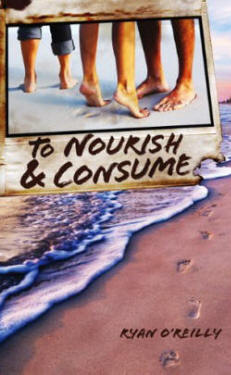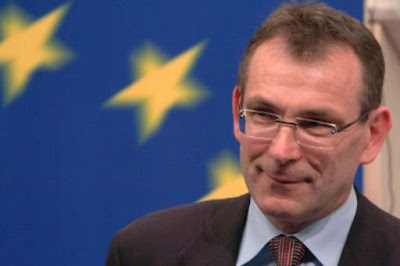Merry Wanderer of the Night [Search results for consume]
To Nourish and Consume

The Bar Interiors
Review: Want to Go Private? by Sarah Darer Littman
In the European Union since 2010 forbid standard lamps

A Change Has Come...
The Swan Thieves

Top Ten Road Trip Songs with author Matt Blackstone
